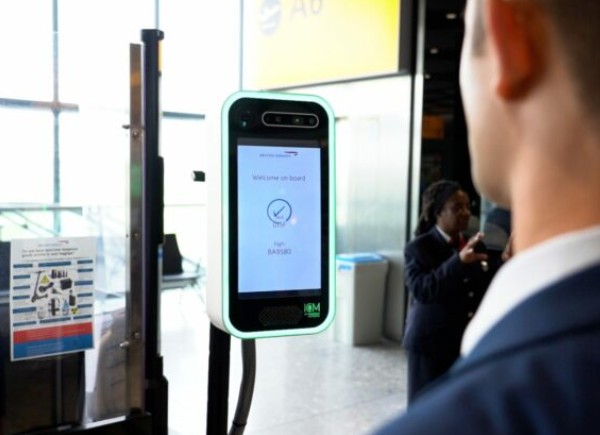
To increase aviation security and facilitate air travel, the International Air Transport Association (IATA) is advocating for a quicker implementation of digital identity technology. In order to improve security and streamline travel procedures, IATA emphasized the use of Verifiable Credentials (VC) and Decentralized Identifiers (DIDs) at the Sydney Leaders’ Week Conference, which was hosted by Qantas on March 19.
At the event, industry executives supported the concept, highlighting key advantages such as enhanced document security to prevent fraud, increased operational efficiency, and global confidence through standardized identification verification. According to Nick Careen, Senior Vice President for Operations, Safety, and Security at IATA, implementing digital identity standards is essential to improving the efficiency and safety of air travel. He also stressed the need for countries to work together to implement these technologies and get them approved at the next ICAO assembly.
Experts at the conference recommended a number of actions for governments to expedite the transition to digital security in aviation. These include investing in training and resources, concentrating on digital ID applications unique to aviation, integrating digital identification solutions into national security objectives, and collaborating more closely with stakeholders.
This digital revolution is being spearheaded by IATA’s One ID program. It seeks to establish international standards for identity verification, enabling travelers to utilize biometrics (such as face recognition) in place of paper identification to navigate airports and verify their travel credentials before they even arrive. This is related to the ICAO’s Digital Travel Credential, which guarantees privacy, security, and adherence to global regulations.

